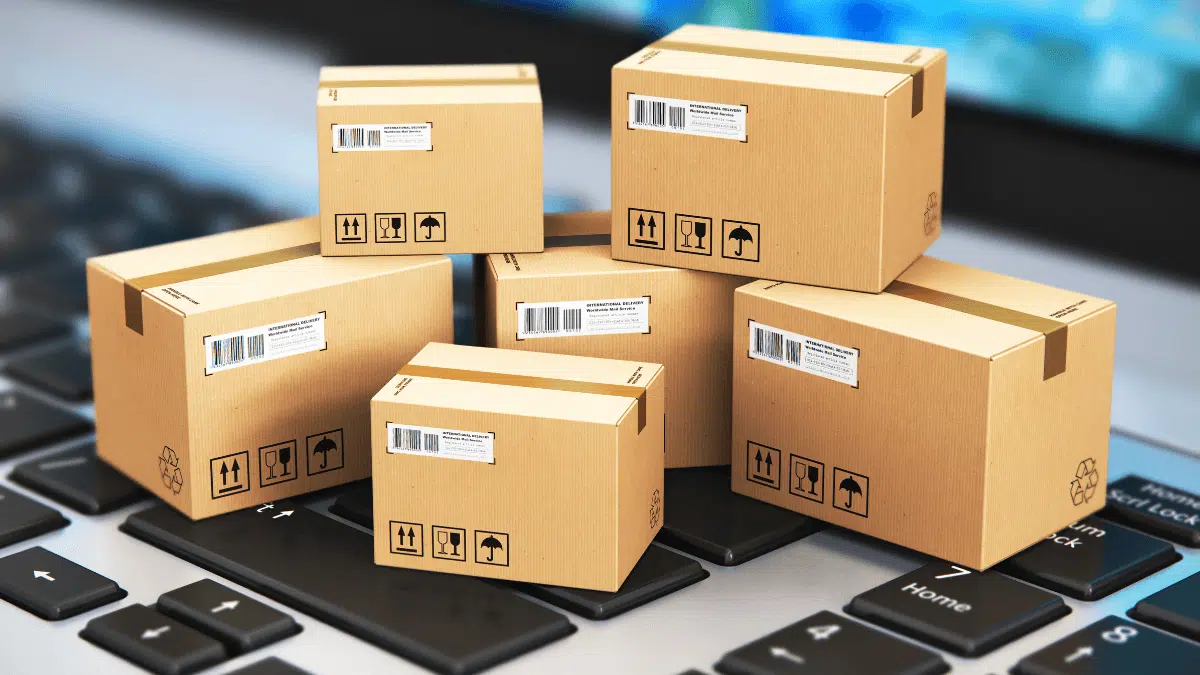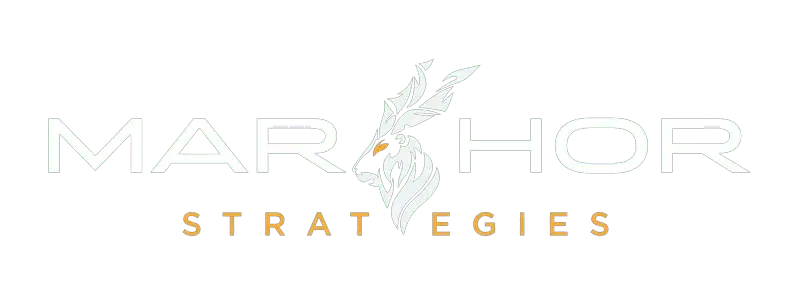Now-a-days, many brands are embracing Direct-to-Consumer (D2C) fulfillment, a model where businesses bypass traditional retail channels and sell directly to end customers. By taking full control of their supply chain—from manufacturing to order fulfillment—brands can offer a personalized shopping experience while reaping numerous other benefits. We believe D2C fulfillment is more than just a trend; it’s a strategic advantage for modern businesses.
D2C fulfillment allows companies to establish a direct relationship with their customers, giving them valuable insights into consumer behavior and preferences. By cutting out intermediaries like wholesalers and retailers, businesses gain greater control over branding, pricing, and the overall customer experience.
Benefits of D2C Fulfillment
Adopting a D2C fulfillment approach presents several key advantages:
- Greater control over brand and customer experience: By managing all aspects of the process, businesses can ensure that their brand image, pricing, and customer interactions align with their goals. This direct connection lets brands shape how customers perceive them, ensuring a consistent and high-quality experience.
- Increased profit margins: By selling directly to consumers, companies eliminate the need to share profits with retailers. This translates to higher profit margins and fewer overheads, as warehousing and distribution to retail locations are reduced.
- Improved customer experience: D2C brands can offer personalized recommendations, gather direct feedback, and respond quickly to customer inquiries. This real-time engagement fosters a stronger connection with consumers, increasing customer loyalty.
- Market testing and product innovation: Direct access to customer data means businesses can quickly adapt to market trends, launch new products, and gather feedback to make improvements. This agility is key for staying ahead in competitive markets.
Key Elements of Successful D2C Fulfillment
Efficient Direct-to-Consumer fulfillment involves several critical components. For businesses looking to optimize their supply chain, these elements are essential for success:
- Order processing: Orders placed via websites or mobile apps must be processed quickly. This includes validating payment information and confirming order details.
- Inventory management: Accurate inventory tracking ensures products are available to meet customer demand without overstocking. Businesses can use specialized inventory management software to keep an eye on stock levels in real-time.
- Warehousing: An organized warehouse system is crucial for fast and accurate order picking, packing, and shipping.
- Packaging and labeling: Products should arrive at customers’ doors in excellent condition, which means investing in appropriate packaging materials and ensuring clear labeling.
- Shipping and delivery: Optimizing shipping routes and selecting the right carriers ensures that deliveries are timely and cost-effective. Providing tracking information also keeps customers informed and builds trust in your service.
Challenges in D2C Fulfillment
While D2C fulfillment has many advantages, there are challenges that businesses need to address:
- Last-mile logistics: Ensuring timely delivery to customers can be complex. Businesses need to choose reliable shipping partners and monitor delivery performance to meet customer expectations.
- Inventory forecasting: Striking a balance between overstocking and understocking is critical. Overstocking leads to unnecessary storage costs, while understocking can result in missed sales and frustrated customers.
- Reverse logistics: Handling returns and exchanges efficiently is an important part of the customer experience. A smooth returns process increases customer satisfaction and helps maintain brand loyalty.
- Technology and infrastructure: Implementing technology to manage orders, inventory, and shipping can be costly. However, investing in robust systems is essential for long-term success.
Best Fulfillment Options for D2C Brands
There are several fulfillment options that D2C businesses can consider:
- In-house fulfillment: This gives brands full control over their supply chain, but it requires substantial investment in warehousing, technology, and staff.
- Third-party logistics (3PL) providers: Outsourcing fulfillment to a 3PL provider like Markhor Strategies can help businesses scale efficiently without the overhead costs of managing logistics in-house. A 3PL can handle warehousing, order processing, and shipping.
- Dropshipping: In this model, businesses sell products that are shipped directly from the supplier to the customer. Dropshipping reduces the need for inventory management, but it limits control over the customer experience.
Optimizing D2C Fulfillment
- Invest in technology: Reliable order and inventory management software is critical for efficiency. It provides real-time visibility into stock levels and helps to optimize operations.
- Offer flexible shipping options: Providing customers with a choice of shipping speeds can enhance their experience. Offering free or expedited shipping for qualifying orders can encourage purchases.
- Accurate tracking: Keeping customers updated with accurate tracking information reduces unnecessary stress and builds trust.
- Integrate feedback loops: Gathering and acting on customer feedback helps businesses continuously improve their fulfillment process and overall customer experience.
Direct-to-consumer fulfillment offers businesses a unique opportunity to connect directly with their customers, control their brand image, and increase profitability. By implementing the right strategies and leveraging technology, brands can optimize their D2C fulfillment operations, delivering exceptional customer experiences and gaining a competitive edge.
We provide diversified solutions for D2C fulfillment, including third-party logistics (3PL), dropshipping, and personalized logistics solutions for businesses around the globe. Partner with us to enhance your operational efficiency and drive your D2C success!
Also Read:
Importance of Third-Party Inspections for Products Sourced from China – Markhor Strategies


